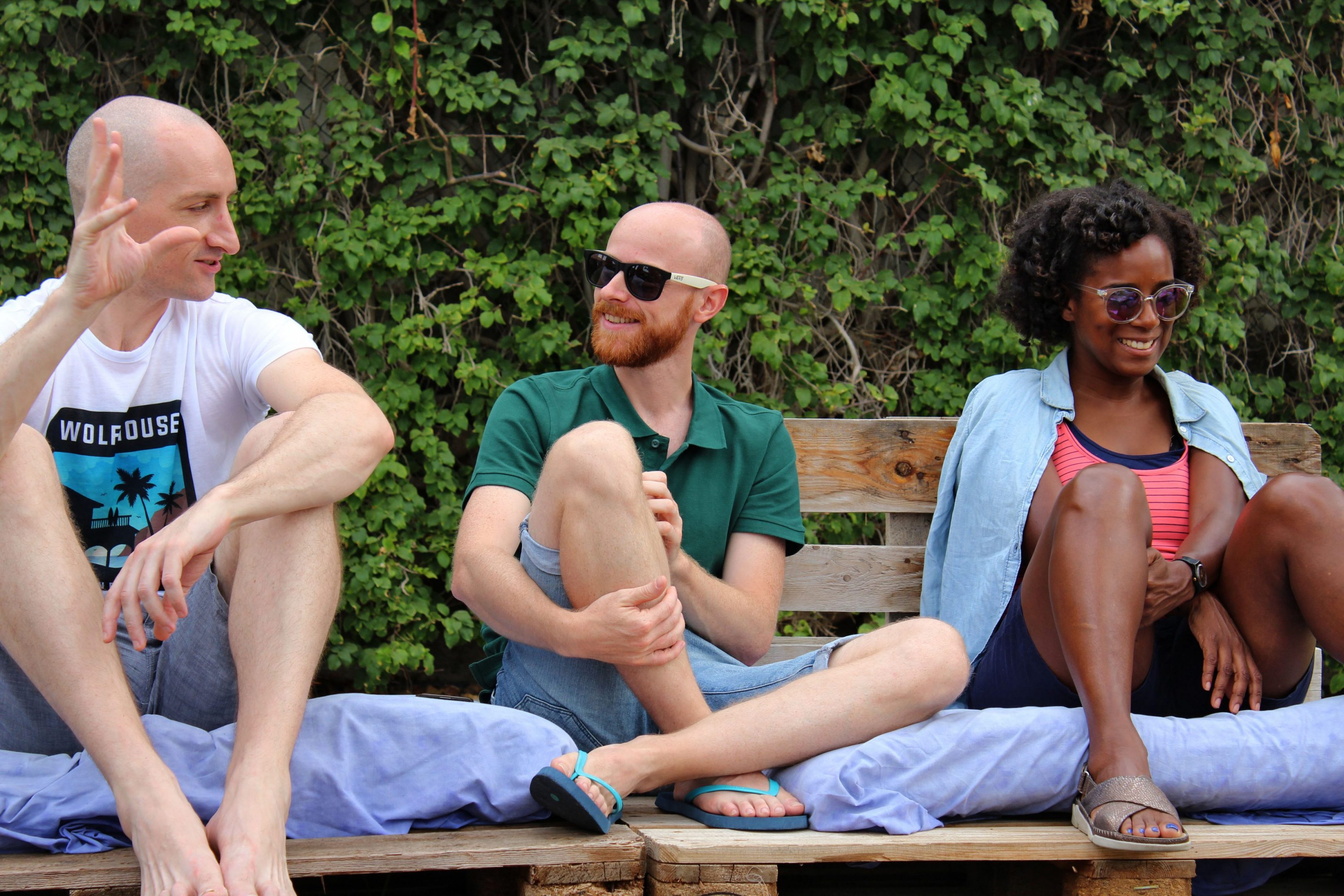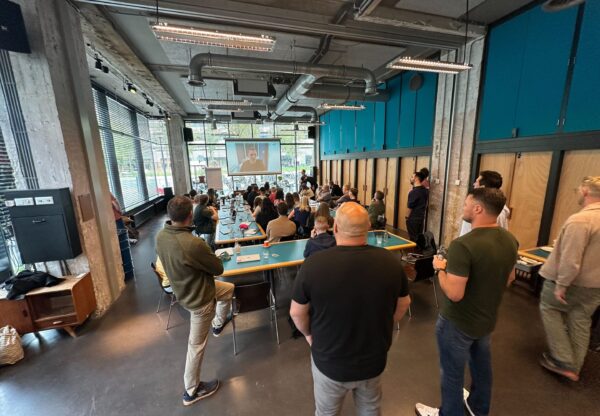The worldwide coronavirus pandemic has had an impact on us all. The travel industry has been hard-hit, with over 65% decline in international travel in 2020 according to UNWTO. And even though the vaccination program is underway, travel trends are still expected to be different in the coming years. We can expect to see many more work retreats.
Many of us are missing the chance to travel the world, change of scenery and exploring new places. After all, everyone needs a break sometimes and something to look forward to! And thanks to the meteoric rise in the popularity of remote working and education, more people will now have the flexibility to travel at off-peak times.
Interest in ‘workation‘ surges in popularity as freelancers & digital nomads are joined by a wide range of professionals now able to work remotely
Perhaps individual business travel is the type of travel people were missing the least. COVID has shown us how easy it is to stay in touch using technology like Zoom and Teams. As a result, many companies are expected to reduce their budget for international business travel. Airbnb CEO Brian Chesky believes that the days of hopping on a plane to attend a meeting are long gone. He also expects to see people working from a remote location of their choice and visiting their company HQ less frequently.
COVID has changed the way we work and travel forever, but one thing remains – the importance of human connection.
Simon offers few good points:
- “For companies that think they’d never need to go back to the office, they are in for a shock.”
- “Music happens between the notes, trust happens between the meetings ..and while working virtually, there is no such thing as in-between the meetings.”
- “.. good luck building trust with anyone that is entirely new to the team and has never met anyone.”
- “..even with virtual teams, you want to meet at least once a year as a group.. to solidify those bonds.” 🙋♀️
- “..and brainstorming sessions, anything that has to do with ideas, they are impossible to do virtually. You don’t have the same flow of ideas, you interrupt each other easily..”
Are work retreats the future of remote work?
Remote work is great with undoubtedly many amazing benefits, but also few downsides, and neither Zoom or Teams nor VR or holograms will ever match onboarding new hires, celebrating important milestone or just meeting your colleagues and having fun in-person.
People love to work remotely, but they also like to come to the office and feel they are part of the group or a project. And If your team members are scattered around the globe, or your post-pandemic plans don’t include maintaining a full-time office, work retreats are a great way to do that.
‘Zoom fatigue’ and networking FOMO
Most of us have found ourselves using video chat services on a daily basis since the pandemic hit. Team briefings, one-to-ones and even family catch-ups have all had to move online.
And while at first glance, it might not seem that different to a face-to-face discussion, being on a video call can be quite stressful and tiring. You have to be more focused because it’s harder to read body language over a video call. And if the call goes silent, you find yourself wondering whether you’ve offended somebody or your internet connection has dropped.
Sounds familiar?
Networking can be tricky too. There are fewer opportunities to network in the first place. And when you do get the chance to take part in online networking, you may experience the feeling of being ‘on stage’, that everyone is looking at you, and you’re almost being expected to perform. You might feel self-conscious about your appearance or find it difficult to stop looking at your own image on the screen.

Zoom fatigue is real, and it’s worse for women. In a recent study, women reported higher levels of fatigue associated with video/Zoom calls compared to men.
Stanford University researchers also found out that the cognitive load is much higher in video chats.
‘Bailenson notes that in regular face-to-face interaction, nonverbal communication is quite natural and each of us naturally makes and interprets gestures and nonverbal cues subconsciously. But in video chats, we have to work harder to send and receive signals.’ (source)
So while no-one can deny virtual working and video conferencing have their benefits, they could be supplemented with work retreats & real life meetings to prevent or counteract some negative impacts. Having a face to face connection and building up a rapport still matters to most of us.
Work Retreats & Workations
As a result, we can expect to see business travel evolving rather than disappearing altogether. If you and your team will continue to work remotely after the pandemic, bring your team together once in a while and enjoy the benefits of face-to-face contact on your company’s culture and positive impact to your bottom line.

And once you start planning your work retreats, offsites or team building trips, have a look at our solutions. NextRetreat app and our Retreat Specialists can help you save you some pain, and hundreds of hours of research, planning & booking of your next team trip.




